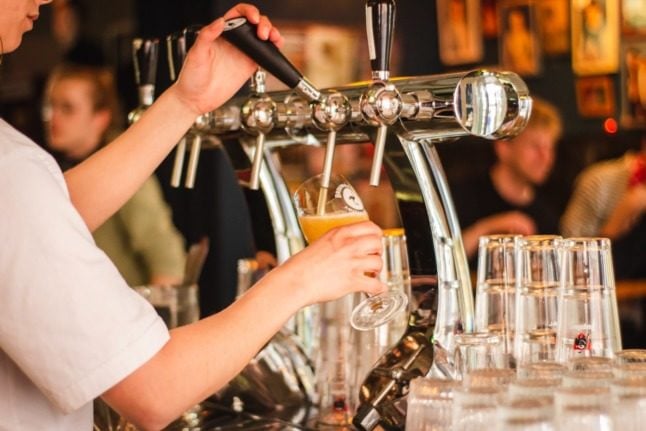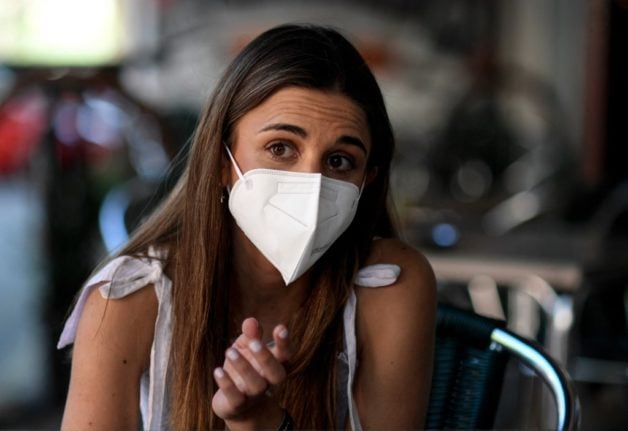Norway’s government will relax a number of its national Covid-19 rules, including the nationwide ban on the sale of alcohol in hospitality, which will be replaced with reduced serving hours for alcoholic beverages. Cafes, pubs and restaurants and other licensed venues will be allowed to serve alcohol until 11pm.
“Today, we can ease many of the measures that came four weeks ago,” Prime Minister Jonas Gahr Støre said at a government press conference.
The alcohol ban will be lifted and replaced with the new rules from Friday. The sale of alcohol in bars and restaurants will be confined to table service to reduce the number of guests coming into contact with one another.
Additionally, the number of people allowed to gather at private events in public settings, for example, restaurant bookings, will be increased to 30.
In a public setting without fixed seats, up to 30 can attend. When fixed designated seating is in place, the limit will be 200.
The government will retain the recommendation for the public to have no more than ten guests at home. Kindergarten children and primary school-age children are not included in the total.
The rules for face masks and social distancing will remain the same, however, as well as the advice for people to work from home where possible. Venues will also still be required to take guest’s contact details when consent to do so is given.
Close contacts of those who test positive for the virus and are not household members will no longer have to quarantine and are asked to test on days 3 and 5 after being identified as a close contact. They are also asked to keep an eye out for symptoms for 10 days.
The national recommendation for schools and kindergartens to operate at yellow level, meaning reduced class sizes and social distancing must be implemented, will be scrapped. Instead, local authorities can choose which infection control level schools operate at.
High schools and adult education centres will no longer be required to operate at the red level, which saw partial online classes. The new rules for schools take effect on Saturday.
The rules for children and young people partaking in sports outside have been lifted, for young people exercising indoors a maximum group size of 20 and social distancing is recommended.
For those aged over 20 exercising indoors the same capacity and social distancing recommendations apply.
The new rules will be in place until the beginning of next month.




 Please whitelist us to continue reading.
Please whitelist us to continue reading.
Member comments